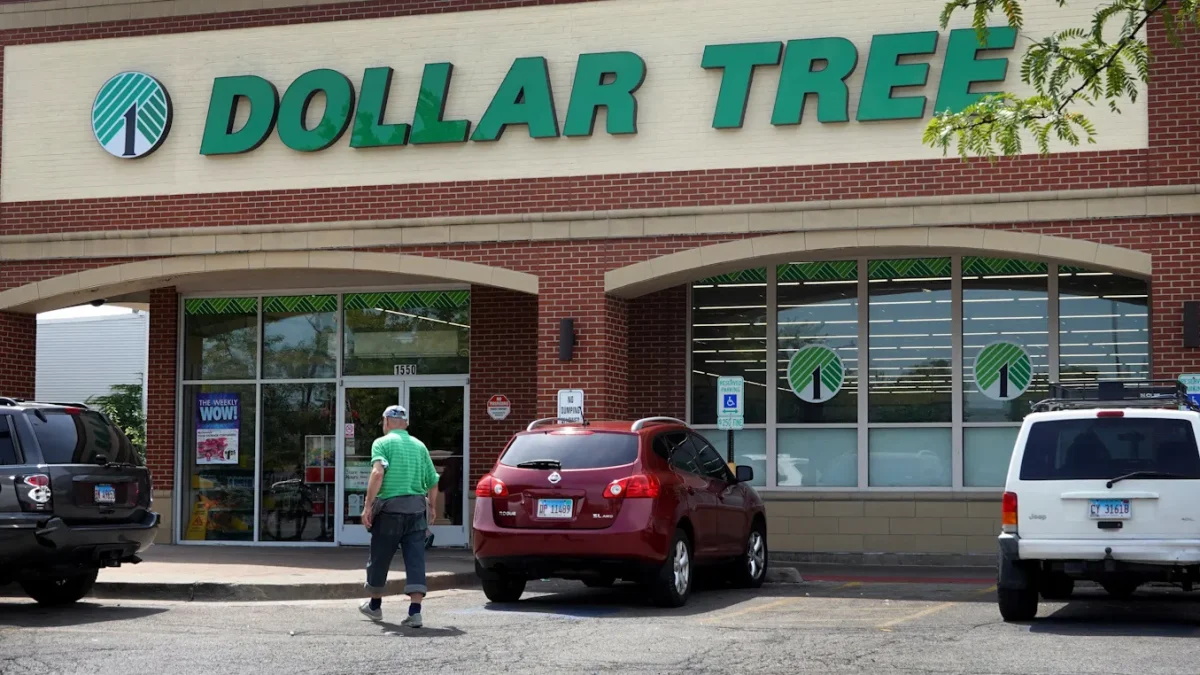Dollar Tree stores have traditionally been go-to destinations for budget-conscious shoppers, especially for those with limited financial resources. However, in the face of a relentless cost-of-living crisis affecting us all, the chain is now compelled to take decisive action.
In recent times, Dollar Tree has encountered significant challenges, putting the company’s resilience to the test. Just this month, its subsidiary, Family Dollar, was compelled to shutter hundreds of stores due to a multitude of internal and external issues. Unfortunately, the outlook for the company doesn’t appear overly promising, necessitating a strategic reevaluation to stay ahead of the curve.
Among the measures being implemented to bolster revenue streams is an adjustment in pricing. Dollar Tree has announced a raise in its price cap to $7, up from the previous threshold of $5. CEO Rick Dreiling revealed plans to broaden the multi-price assortment by more than 300 items, indicating an imminent uptick in pricing across various product categories. This shift will impact over 3000 stores nationwide, with thousands more offering merchandise priced at $3 and $5.
While the decision to raise prices may seem counterintuitive, considering Dollar Tree’s historical focus on serving lower-income families, there are potential upsides. Despite the risk of alienating its core customer base, there’s evidence suggesting an increasing number of higher-income consumers are turning to dollar stores for value shopping. This unexpected shift in demographics could potentially mitigate the negative impact of price hikes, offering a lifeline to Dollar Tree amidst challenging times. However, it’s crucial to acknowledge the potential repercussions for lower-income individuals who may find themselves priced out of Dollar Tree’s offerings, sparking understandable frustration and dissent among certain segments of the customer base, as evidenced by social media complaints.
Beyond the broader economic challenges, Dollar Tree has also grappled with specific issues within its Family Dollar segment. Following the acquisition in 2015, Family Dollar has faced regulatory fines and dwindling patronage, resulting in the closure of over 1000 stores. While Dollar Tree’s overall financial health remains relatively stable, these setbacks have undoubtedly prompted a reassessment of strategies, with the hope of appealing to a broader consumer demographic to offset losses and ensure sustained growth.


